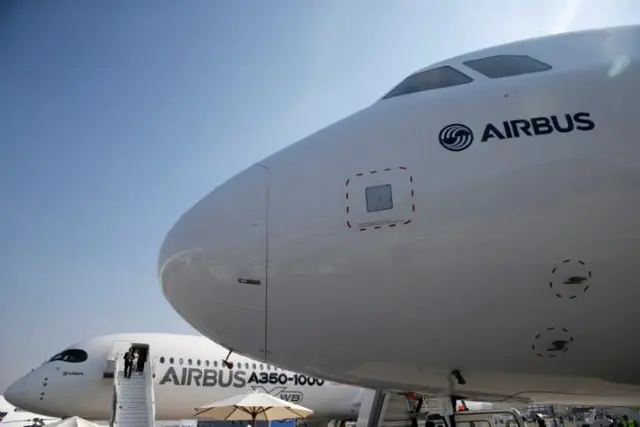The UK has now resumed communication with the US in relation to the Manchester attack.
But the decision to temporarily stop sharing intelligence was a stinging blow.
Britain and America's co-operation is critical to the global counter-terrorism fight.
A former senior US intelligence official told me there was disappointment at the news but there can be no "anger or complaint" about the decision.
Intelligence is given on the understanding of something called the 'control principle'.
It's an established rule that a country offers information on its own terms and another country has no right whatsoever to make it public.
So where are these leaks coming from?
There are all sorts of theories - Obama loyalists, disgruntled cops - but a consensus is forming around the chaotic nature of Trump's presidency and the poor state of his relations with US intelligence agencies.
According to that same former official: "We do not appear to be an overly rules-based or well-organised government at the moment."
President Trump says the leaks are deeply troubling and has vowed to get to the bottom of them.
The same sentiment applied to leaks relating to his troubles at home.
When he returns to Washington next week the spotlight will be back on his alleged pressuring of the FBI investigation into his team's potential collusion with Russia, which Mr Trump has denied.
The UK's criticism of leaks fits well with Mr Trump's current narrative that the revealing of information is the real problem.
The Manchester leaks reported that the attacker Salman Abedi's family had warned authorities about him and that he may have had help making the bomb.
Then came photographs in the New York Times.
None of this is inconsistent with the kind of information you would expect in the aftermath of a US incident.
In the wake of a mass shooting, for example, details about the perpetrators comes thick and fast. There are cultural differences in the way information is disseminated.
But the argument here is that this intelligence isn't the US authorities' to share and the UK has the right to control its own flow of information.
This will have only compounded trust issues that stemmed from reports surrounding Mr Trump's loose-lipped conversation with the Russian foreign minister and ambassador during their now infamous Oval Office meeting.
Prime Minister Theresa May made it clear she wants assurances from Mr Trump that this won't happen again.
That could be beyond his control.
(SKY NEWS)
 简体中文
简体中文

